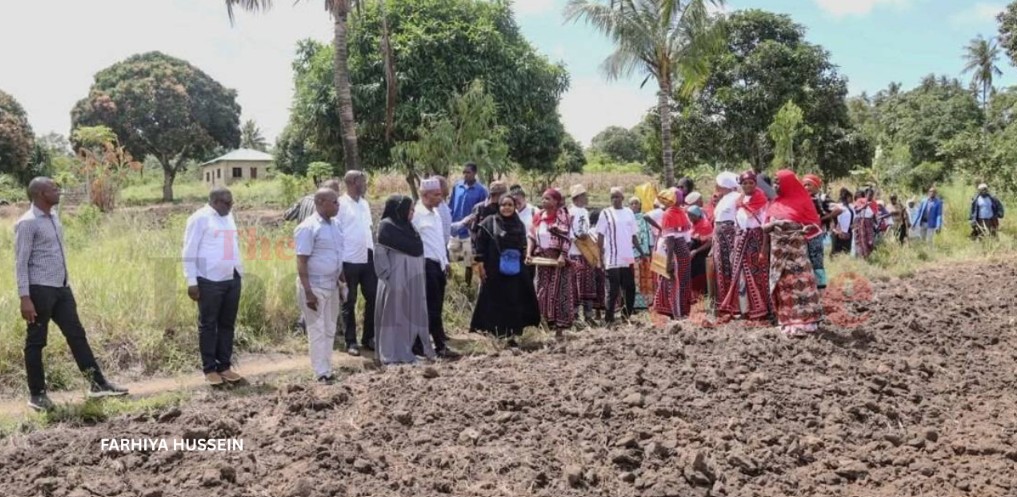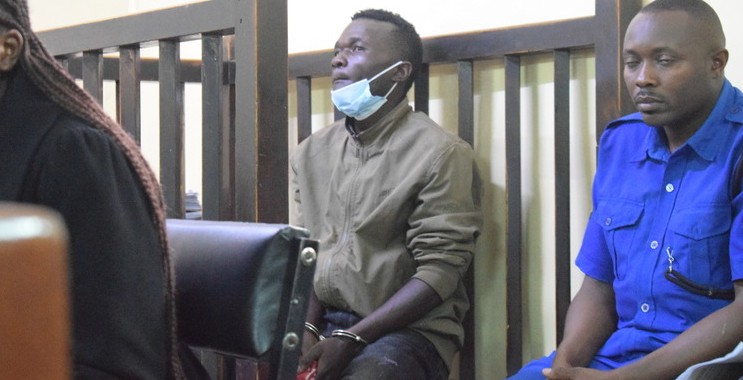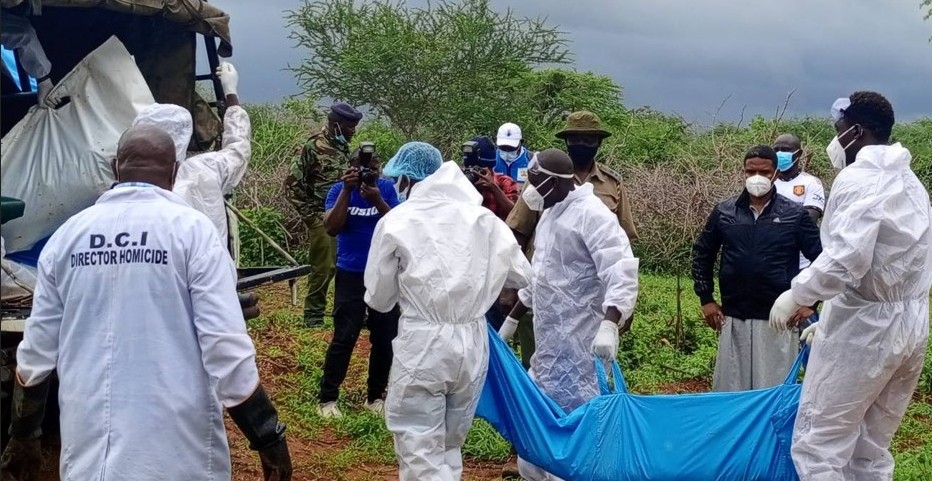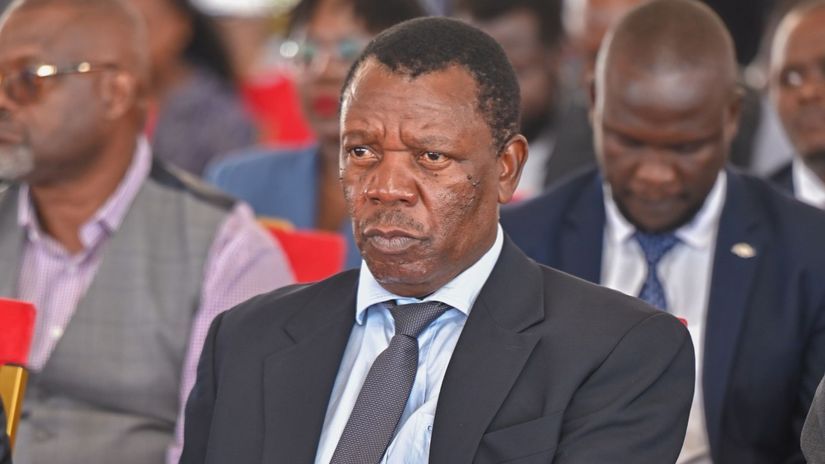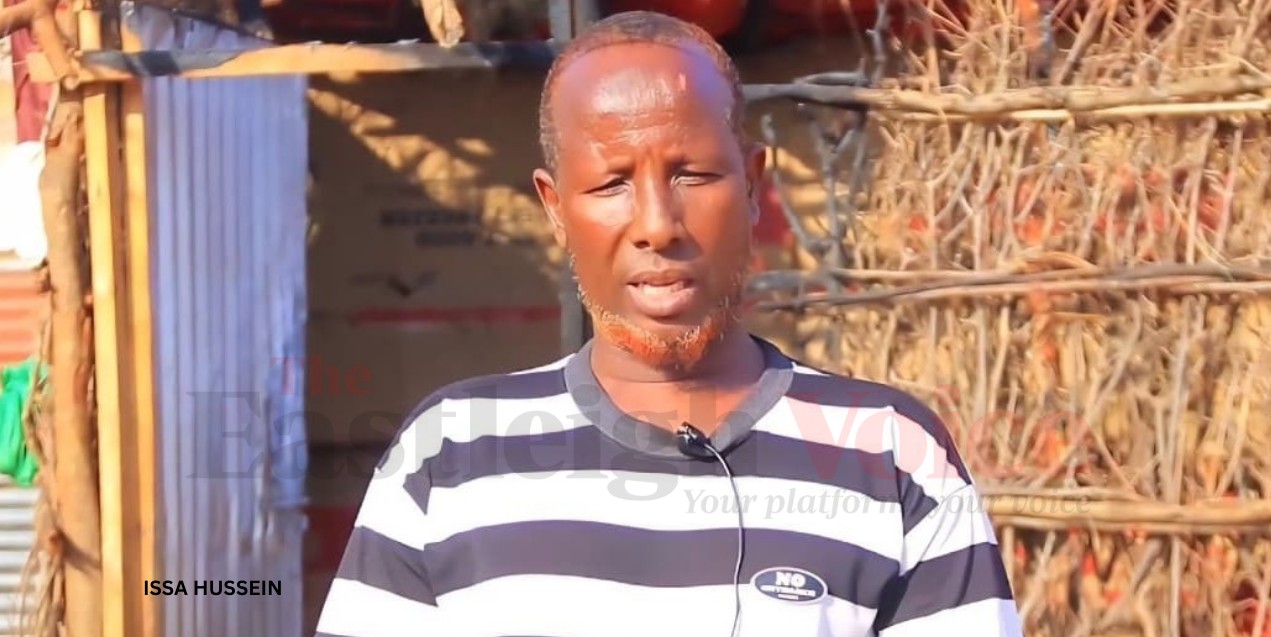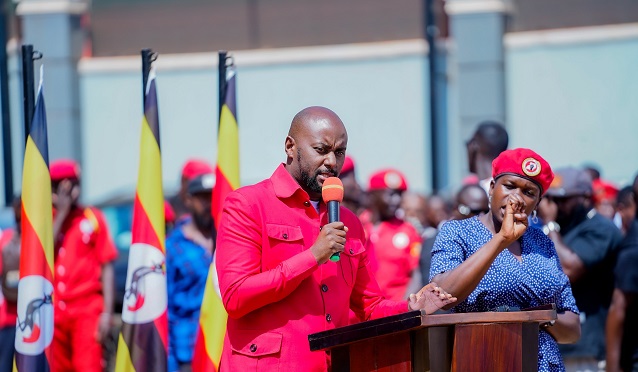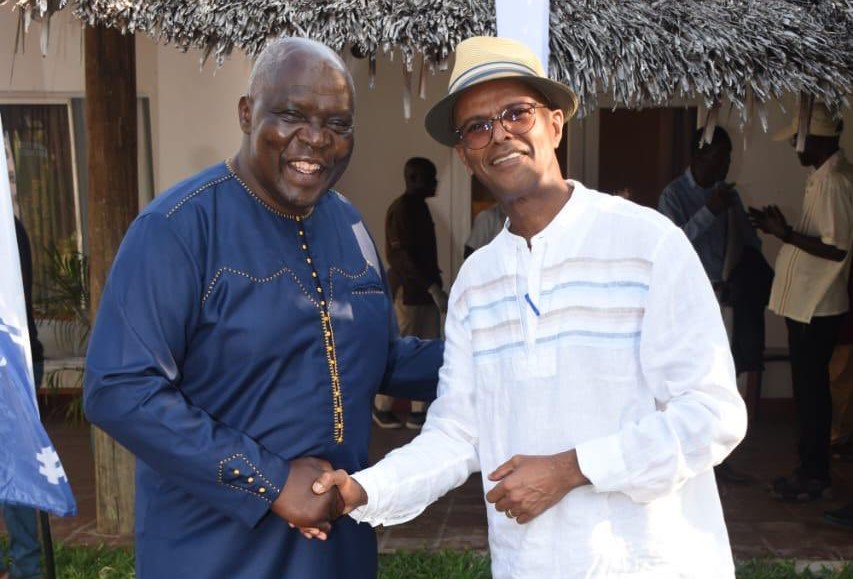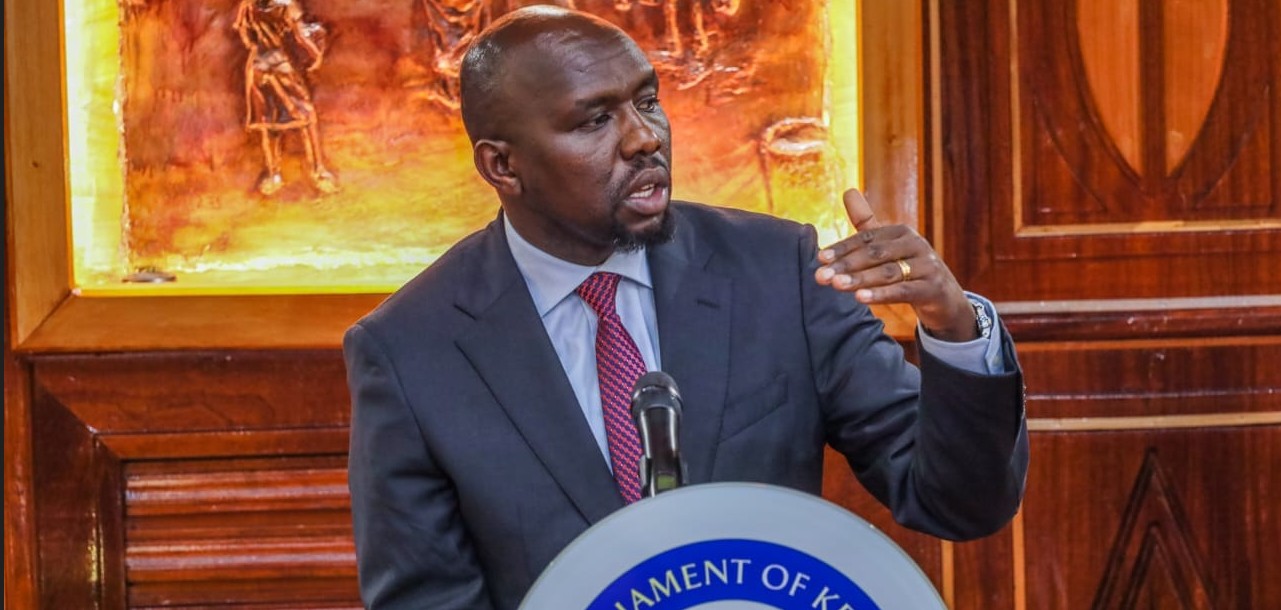BATUK declared hostile witness after snubbing MPs probing Agnes Wanjiru murder case
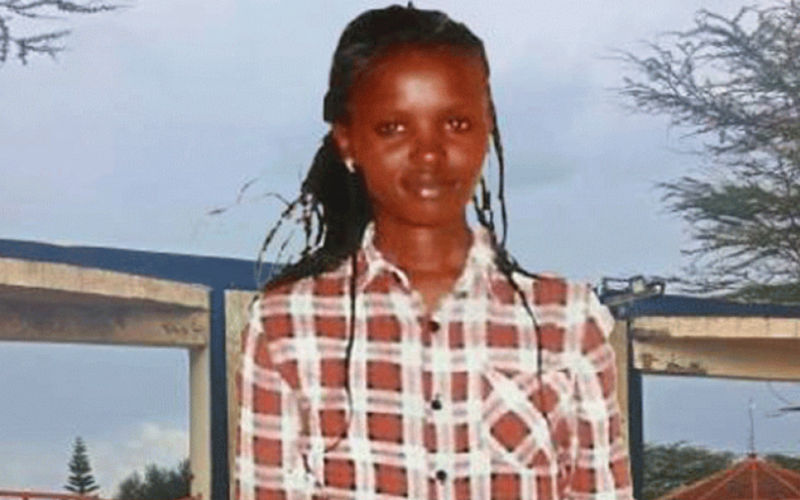
The committee had invited Batuk leaders alongside Defence Cabinet Secretary Soipan Tuya to discuss ongoing investigations into misconduct, but only the CS and her Principal Secretary Patrick Mariru appeared.
The National Assembly Defence, Intelligence and Foreign Relations Committee has accused senior officials from the British Army Training Unit Kenya (BATUK ) of showing contempt for Parliament after they failed to attend a scheduled hearing on alleged crimes committed by their soldiers in Kenya.
The committee had invited BATUK leaders alongside Defence Cabinet Secretary Soipan Tuya to discuss ongoing investigations into misconduct, but only the CS and her Principal Secretary, Patrick Mariru, appeared.
More To Read
- UK refutes allegations BATUK officials snubbed Kenyan MPs' summons
- British Army inquiry finds soldiers still exploiting women in Kenya despite ban
- Britain’s High Commissioner Neil Wigan to leave Kenya amid ongoing diplomatic challenges
- Agnes Wanjiru's family slams UK Defence Secretary John Healey over delayed justice
- UK court ruling targets BATUK soldiers accused of fathering and abandoning children in Kenya
- Two years later, BATUK probe stalls as Kenyan delegation remains silent during UK visit
When asked where the British officials were, Tuya told the committee chaired by Nelson Koech that she was unaware of their whereabouts.
“We cannot speak for them. We did our bit through the Ministry of Foreign Affairs, and they are not here,” she said on Tuesday.
Her response angered members, who argued that the absence was a deliberate snub.
“This committee will declare BATUK a hostile witness. It is evident that they do not want to appear before the committee,” Koech said.
“There are children who were born out of these illegal relationships with British soldiers. This House was very reluctant to pass the Defence Cooperation Agreement, so in the eyes of this committee, the BATUK are hostile witnesses,” he added.
Being declared a hostile witness means a person or entity has refused to cooperate with a parliamentary probe.
The committee can order their arrest, compel attendance, impose fines, or proceed with a report without their input. Koech said BATUK would be given one final chance but warned that further absences would not be tolerated.
Kamukunji MP Yusuf Hassan questioned why a foreign force operating under a parliamentary agreement could disregard summons.
“We will dissolve the agreement we have with the British government. You cannot come to a foreign country, commit a crime and then refuse to be held accountable; that is unacceptable,” he said.
Yusuf also cited the unresolved 2012 killing of Agnes Wanjiru, allegedly by British soldiers. “It is clear that the soldiers are bringing indiscipline to Kenya. We don't see any goodwill from BATUK; they are killing our people and degrading our environment. These are not the actions of friendly nations,” he added.
Baringo Central MP Joshua Kandiye said the UK must respect Kenya’s sovereignty.
“We need to know from the Treasury what we stand to lose if we dissolve this agreement. Kenya is a sovereign state, and the UK government needs to respect us,” he said.
Kajiado Central MP Memusi Kanchori added that the unit’s absence showed they did not take the inquiry seriously.
“This is a matter that has taken up a lot of our time. We have visited many places and spoken to many people. We will proceed and write our report without their input,” he said.
The committee is investigating allegations of corruption, fraud, discrimination, abuse of power, mistreatment, torture, unlawful detention, killings and other violations of human rights standards by British soldiers.
It is also examining BATUK’s compliance with operational safety protocols, legal obligations, and military standards. The Defence Ministry and Batuk officials are listed as the final witnesses before the report is tabled.
The case of Agnes Wanjiru remains central to the probe. She was found dead in a septic tank at a Nanyuki hotel near a British military base in 2012.
Witness accounts and evidence presented to Parliament show she was last seen with a British soldier at the lodge’s bar before heading to the guest rooms.
In 2021, former Directorate of Criminal Investigations chief George Kinoti told MPs that a hotel gardener discovered part of her body submerged in the tank.
Kenya and the UK are bound by a Defence Cooperation Agreement allowing UK troops to train at BATUK.
While Article 6 states that visiting forces are subject to Kenyan laws, it gives the UK primary jurisdiction over offences committed in the line of duty.
The agreement was ratified by the 13th Parliament despite earlier delays over human rights concerns.
Top Stories Today
